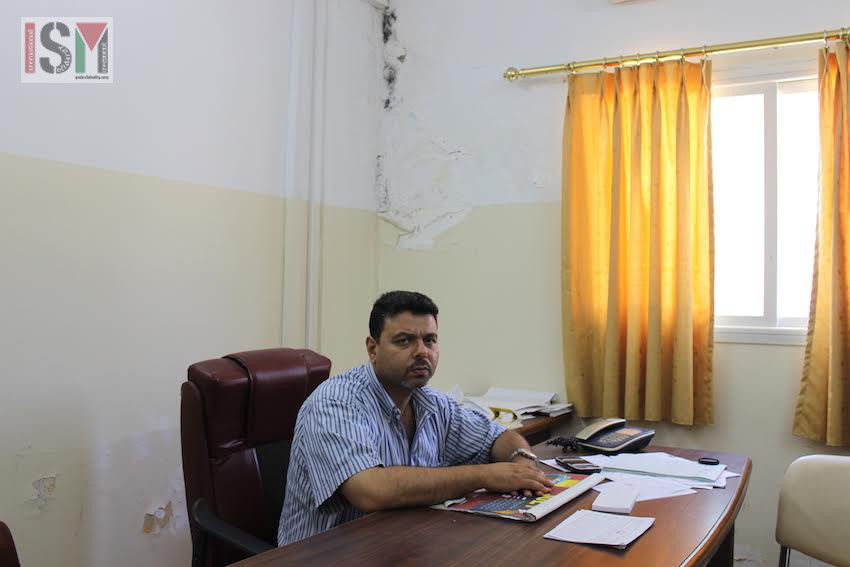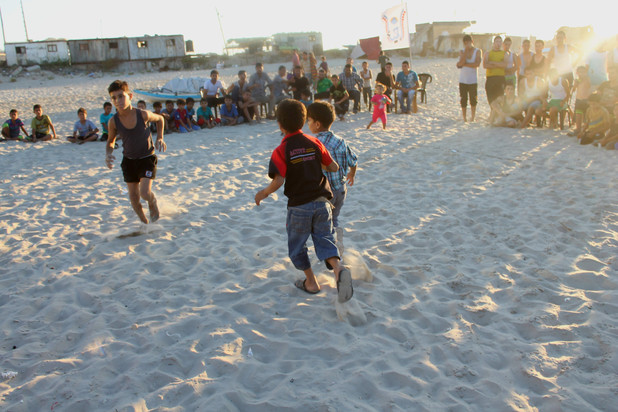Tag: Al Shifa Hospital
-
Rare cancer caused by Israeli bombs in Gaza
21st July 2015 | International Solidarity Movement, Gaza Team | Gaza, Occupied Palestine During the 2012 Zionist massacre in Gaza, named by the occupation as Operation Pillar of Defense, many buildings near Mohamed’s home were bombed. Less than a year after the aggression, while playing with him, Mohamed’s mother found a lump in his neck. At this time…
-
Interview to Dr.Rami Mokdad, head of the Oncology Department from Shifa Hospital in Gaza
10th July 2015 | International Solidarity Movement, Gaza Team | Gaza, Occupied Palestine No private hospital in Gaza treats cancer, only the public ones, and that the treatment is free of charge. “At Shifa Oncology Department we treat everyday 150 patients, and we are in total 3 doctors, 5 nurses and have just 15 beds.…
-
Gaza beach massacre commemorated by child survivors
10th September | Joe Catron | Gaza, Occupied Palestine On Sunday evening, as the sun slipped behind the Mediterranean Sea, members of the Bakr family, a sprawling clan of fishermen in Gaza City’s Beach refugee camp, gathered with hundreds of supporters on the beach next to the Gaza seaport. Their assembly commemorated the lives of nine-year-old Ismail…



